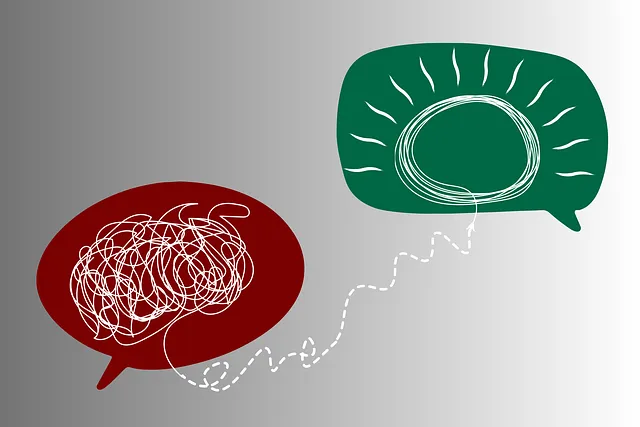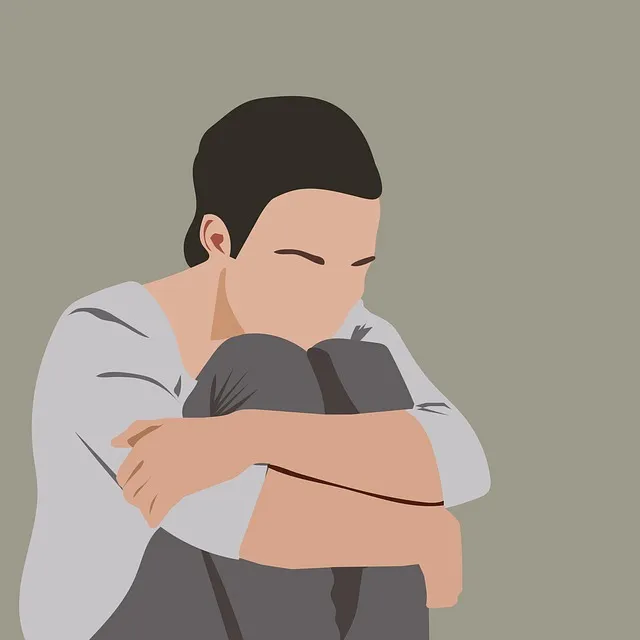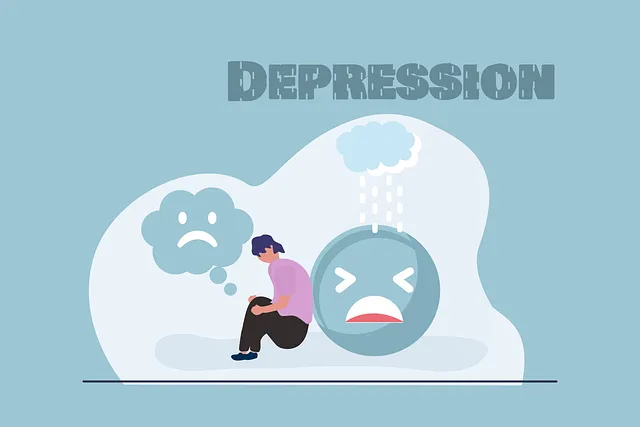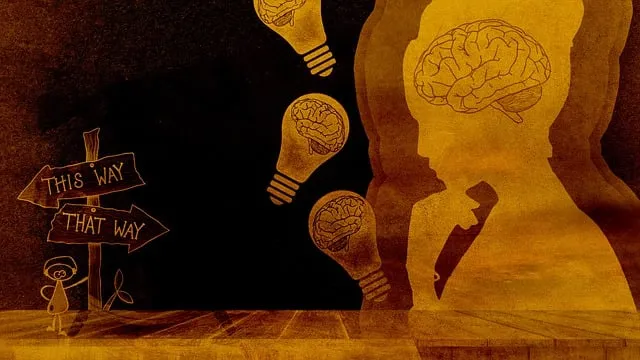Aurora Kaiser Permanente's Crisis Intervention Teams (CITs) provide immediate, expert support for mental health crises via a dedicated phone line, ensuring patient safety. Community outreach, stress management workshops, and journaling exercises enhance CIT capabilities, fostering a supportive environment. The Aurora Kaiser Permanente Mental Health Department offers comprehensive, compassionate care, including anxiety relief and culturally sensitive practices, empowering patients to lead healthier lives. Their hotline offers instant support and guidance for mental health challenges, emphasizing their commitment to community well-being.
“Crisis Intervention Teams (CITs) play a vital role in swiftly addressing and mitigating mental health crises. This article explores the importance of CITs, using Aurora Kaiser Permanente’s Mental Health Department as a case study—a recognized leader in crisis intervention training. We’ll delve into the key components that make their programs effective and provide essential resources for interested parties. For more information on how to access training and support, contact the Aurora Kaiser Permanente mental health department phone number.”
- Understanding Crisis Intervention Teams (CITs): Role and Importance
- Aurora Kaiser Permanente Mental Health Department: An Overview
- Key Components of Effective CIT Training Programs
- Accessing Resources: Contacting the Aurora Kaiser Permanente Hotline
Understanding Crisis Intervention Teams (CITs): Role and Importance

Crisis Intervention Teams (CITs) are specialized groups within healthcare organizations, designed to provide immediate and effective support during mental health crises. These teams play a pivotal role in enhancing patient safety and well-being, especially for individuals experiencing severe emotional distress or thoughts of suicide. At Aurora Kaiser Permanente’s mental health department, the dedicated phone number ensures swift access to expert CITs who are trained to offer compassionate care.
The implementation of Community Outreach Programs, coupled with Stress Management Workshops and Mental Wellness Journaling Exercises, further strengthens the CIT’s capabilities. These initiatives foster a supportive environment, empower individuals to manage stress, and promote mental health awareness. By combining direct crisis intervention with community-based programs, Aurora Kaiser Permanente empowers its CITs to make a lasting impact on the lives of those they serve.
Aurora Kaiser Permanente Mental Health Department: An Overview

The Aurora Kaiser Permanente Mental Health Department stands as a beacon of hope and support for individuals navigating mental health challenges. This esteemed department is renowned for its comprehensive approach to care, encompassing a wide array of services tailored to meet diverse needs. With a dedicated team of mental health professionals, they strive to provide exceptional treatment and foster a culture of resilience and wellness within the community.
Through innovative programs and evidence-based practices, Aurora Kaiser Permanente empowers individuals to manage and overcome their mental health struggles. They offer specialized support for various conditions, including anxiety relief and self-awareness exercises designed to enhance coping mechanisms. Furthermore, cultural sensitivity in mental healthcare practice is a cornerstone of their philosophy, ensuring that every patient receives respectful, competent care that considers their unique background and needs. Contact the Aurora Kaiser Permanente Mental Health Department at their dedicated phone number to learn more about how they can assist you or a loved one during times of crisis.
Key Components of Effective CIT Training Programs

Effective crisis intervention team (CIT) training programs are multifaceted and tailored to prepare healthcare professionals for high-pressure mental health situations. These programs should incorporate several key components, such as comprehensive Mental Health Awareness education, interactive simulations, and focused training in Empathy Building Strategies.
By integrating these elements, CIT members gain the confidence and skills needed to assess and de-escalate crises effectively. Additionally, regular Stress Management Workshops within the program equip team members with coping mechanisms for their own well-being, ensuring they can remain resilient while providing support to others. For those seeking specialized training, contacting organizations like Aurora Kaiser Permanente’s mental health department offers valuable resources and guidance.
Accessing Resources: Contacting the Aurora Kaiser Permanente Hotline

In times of crisis, accessing resources promptly is crucial for effective intervention. One reliable source to turn to is the Aurora Kaiser Permanente mental health department hotline. This dedicated line offers immediate support and guidance for individuals facing various mental health challenges. Trained professionals on the other end are equipped with knowledge in stress reduction methods, ensuring a safe space for those in need.
By reaching out to the Aurora Kaiser Permanente phone number, individuals can connect with a team committed to providing resources tailored to their unique situations. Whether it’s navigating through intense emotions or seeking self-esteem improvement, the hotline serves as a vital link to professional care. This initiative reflects a comprehensive Mental Health Policy Analysis and Advocacy approach, showcasing the organization’s dedication to supporting community well-being.
Crisis Intervention Team (CIT) training programs, as exemplified by the comprehensive approach of the Aurora Kaiser Permanente Mental Health Department, play a vital role in equipping individuals with the skills to handle crises effectively. By focusing on key components such as cultural sensitivity, de-escalation techniques, and evidence-based practices, these programs empower community members to support those in distress. For those seeking resources, contacting the Aurora Kaiser Permanente mental health department phone number can provide valuable guidance and access to training opportunities that promote mental well-being and foster supportive communities.






